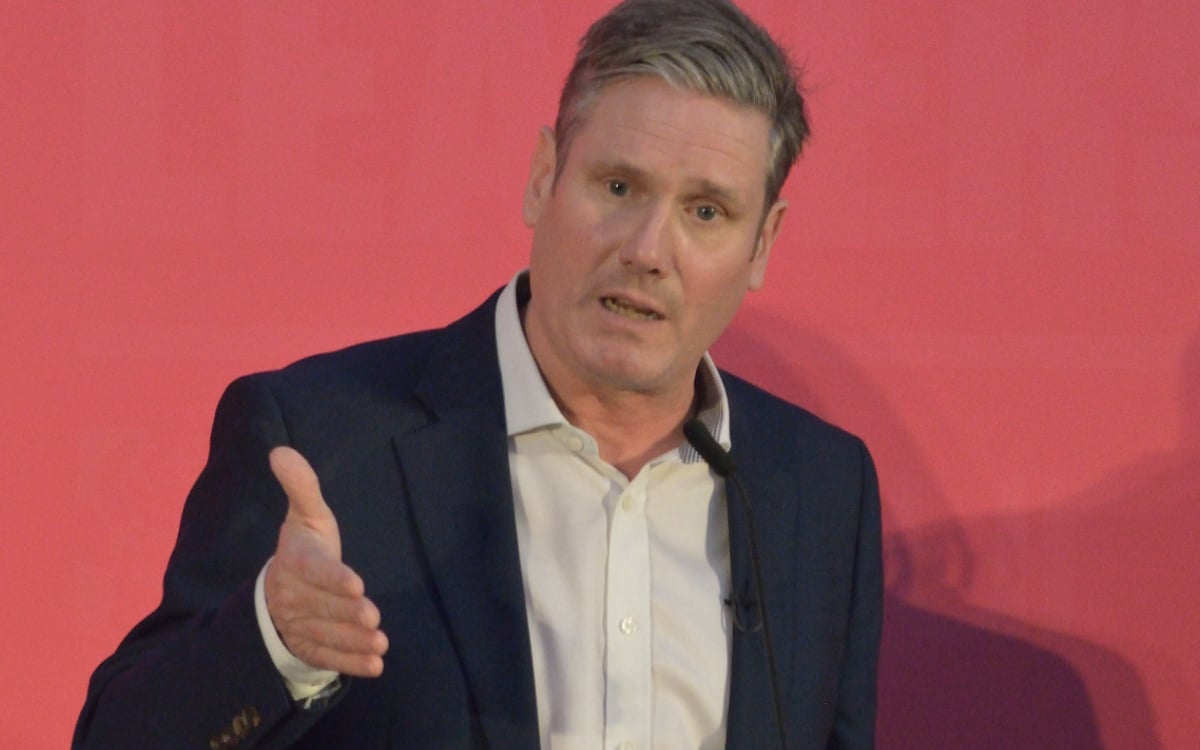
Photo: Rwendland
Starmer pledges to devolve decisions on culture
Cultural policy highlighted as one area that will see powers devolved from Westminster to local communities if Labour win the next election.
Labour leader Sir Keir Starmer has promised to devolve powers around cultural policy to local communities if he wins the next election.
In a speech delivered today (5 January), Starmer set out his vision for a future Labour government, pledging to introduce a “Take Back Control” bill that would redistribute decision making power away from Westminster in several policy areas including culture.
“We will spread control out of Westminster and devolve new powers over employment support, transport, energy, climate change, housing, culture, childcare provision and how councils run their finances and will give communities a new right to request powers which go beyond even that,” he said.
READ MORE:
- Starmer pledges to 'back creatives to the hilt'
- Keir Starmer: Government is 'attacking' British creativity
Starmer said the Take Back Control bill would be a “new approach to politics and democracy” and “a new approach to growth and our economy”.
However, he stopped short of further specifics, so it is currently unclear how the devolution of powers would affect the remits of Arts Council England (ACE) or the Department for Digital, Culture, Media and Sport (DCMS) and their roles in delivering cultural policy and funding for the creative industries.
In November, the DCMS Select Committee said ACE and DCMS should consider a new funding system for arts and culture, although calls for the funding shake-up were rejected by ACE Chief Executive Darren Henley soon after.
The next general election is scheduled to be held no later than January 2025, by which point the current government will have undertaken a review of the functions and effectiveness of ACE.
Details of Starmer’s vision come less than 24 hours after Prime Minster Rishi Sunak delivered a speech outlining his vision for the future of the UK, which did not make specific reference to cultural policy or the creative industries.
In his speech, Starmer also praised the creative industries – alongside retailers, pubs and venues – for “fighting back from the pandemic”.
Policy group Culture Commons wrote on Twitter it was “good to hear” Starmer “explicitly acknowledging the considerable efforts of the UKs creative & cultural sectors to bounce back from Covid-19”.
Founding Director Trevor MacFarlane added: “We particularly welcome Keir’s commitment to devolving cultural policy making to local communities as we've been calling for this for some time”.
“We'll now be engaging with the Shadow Cabinet in the coming months to explore policy mechanisms that ensure the devolutionary ambitions Keir set out work for the creative and cultural sectors.”
Further pledges
Elsewhere in his speech, Starmer called for more strategic purpose on a number of issues, including artificial intelligence (AI), adding the current government “doesn’t see the challenges we face”.
AI advancements are considered as one of the growing challenges for the arts sector, with performer’s union Equity calling for new legislation to protect performers’ intellectual property from abuse by AI. More recently, the current government has heard concerns over the impact of AI advancements on the arts sector.
Starmer also renewed his commitment to establishing a new publicly-owned company, called Great British Energy, in order to address rising energy prices.
Many arts and cultural venues are currently waiting for an update to the current government’s energy bill support package for businesses, after a decision on whether or not to extend the scheme was delayed into the New Year.
Join the Discussion
You must be logged in to post a comment.